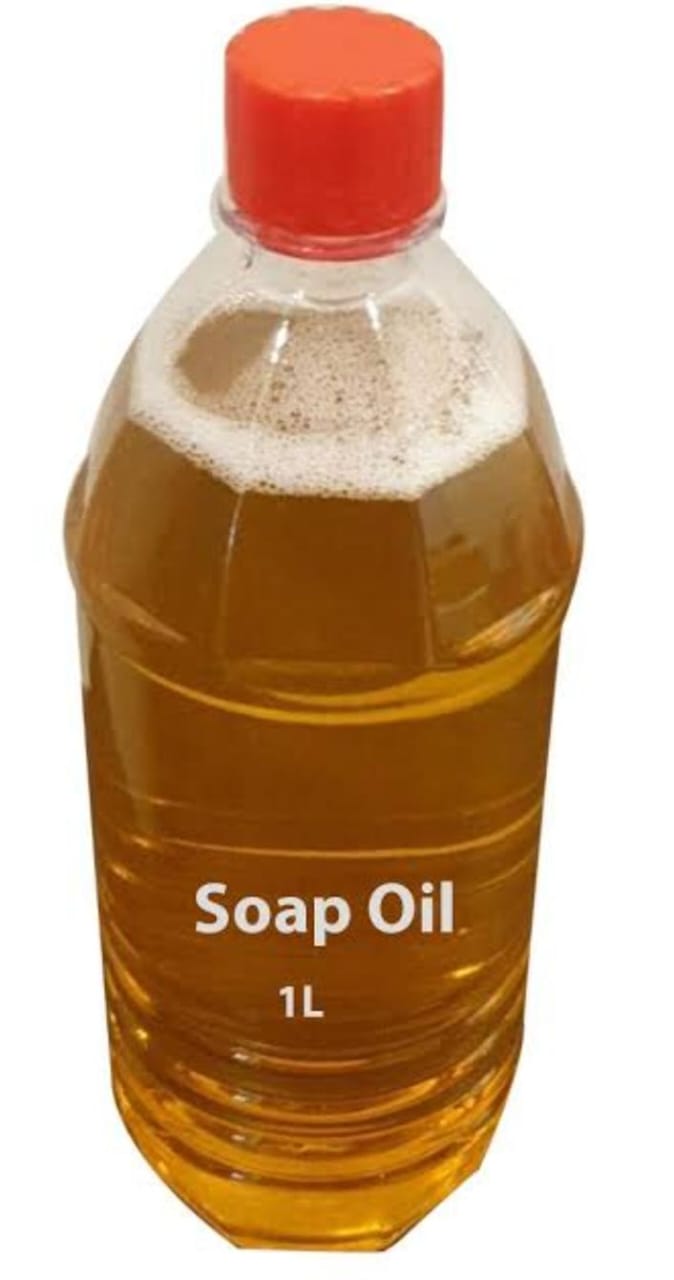Soap Oil is a versatile and essential product used in the production of various types of soaps, including both handmade and industrial varieties. It possesses unique properties that not only enhance the quality of soaps but also contribute to skin health and array of applications beyond soap making. Below is a detailed description of soap oil, its characteristics, uses, and benefits.
Introduction to Soap Oil
Soap oil typically refers to a blend of oils used as a base ingredient in soap-making processes. The type of oil used can greatly influence the final product’s texture, quality, and properties. Common oils include coconut oil, olive oil, palm oil, and castor oil, each contributing different attributes to the soap.
Characteristics of Soap Oil
- Saponification Value: This is the amount of lye required to turn a specific quantity of oil into soap. Different oils have different saponification values, affecting the amount of lye needed in the soap-making process.
- Fatty Acid Composition: Soap oils contain various fatty acids, such as saturated and unsaturated fats. These fatty acids determine the hardness, lather, moisturizing properties, and cleansing abilities of the soap.
- Shelf Stability: The stability of oils affects soap shelf life. Oils with a high unsaturated fat content may oxidize and go rancid faster than saturated fats





Reviews
There are no reviews yet.